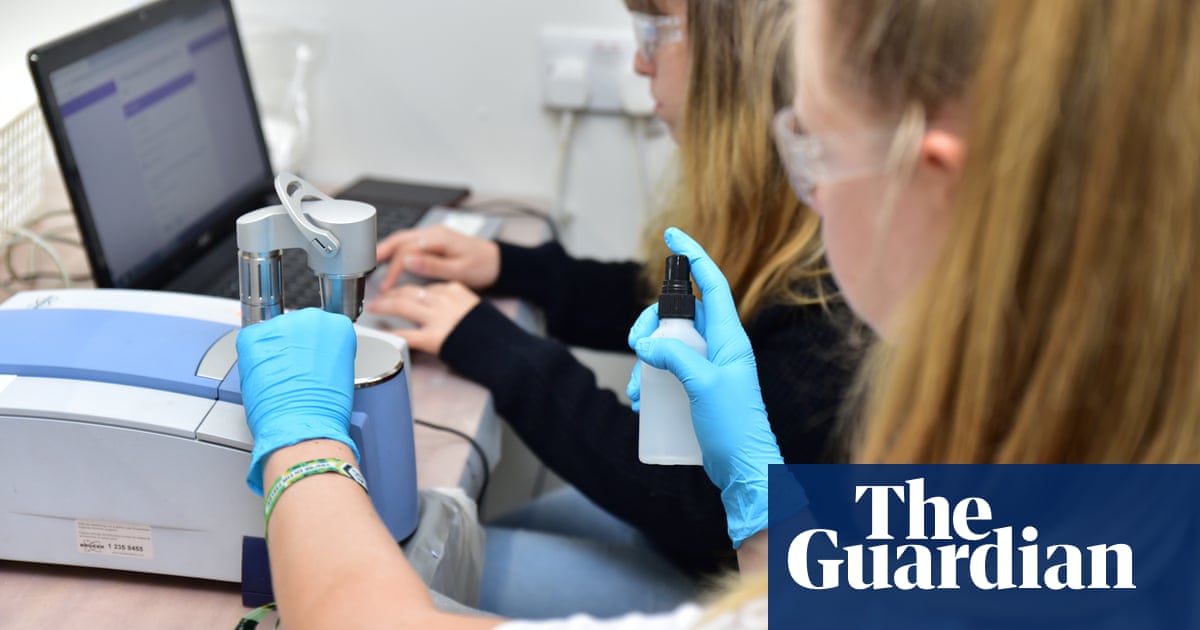
Europe’s first commercial facility for psychedelic drug trials is to open in London, with the goal of making the UK a global leader in psychedelics research and innovation.
The British startup Clerkenwell Health aims to begin trials in its central London facility in August, initially focusing on the use of psilocybin to help people deal with the anxiety associated with a diagnosis of terminal illness, and to support them through their end-of-life care.
The news comes as scientists and policymakers gather in London this Wednesday for the Agenda for Psych Symposium, a daylong programme to discuss the latest research and the future of the psychedelics industry in Europe.
Tom McDonald, the CEO at Clerkenwell Health, said: “Psychedelic assisted therapy could be groundbreaking for mental health treatment, and the UK is well placed to be at the vanguard of that as a global leader in clinical trials post-Brexit.
“Our aim is to establish the UK as the heart of the commercial psychedelic research ecosystem, working closely with mental health experts and drug developers around the world to tackle some of the most complex mental health conditions.”
Drug developers are increasingly exploring psychedelic compounds as potential treatments for mental health conditions such as mood disorders, PTSD and addictions, but their status as controlled substances can make it bureaucratically challenging and expensive to progress them through clinical trials.
Conducting these studies in countries such as the UK – where similar trials have already been approved and regulators are more familiar with the safety profiles and potential benefits of these drugs – is one solution. However, foreign companies may need shepherding through UK regulatory processes to avoid unnecessary delays.
This is where specialist clinical research organisations come in: rather than developing one compound or class of compounds for a single condition, Clerkenwell Health will work with multiple drug developers to tackle a range of complex mental health conditions using various psychedelic agents. It will also offer training for therapists who want to work with psychedelic drugs.
Peter Rands, the CEO at Small Pharma, which is trialling the use of dimethyltryptamine (DMT) to treat depression, said: “A set of very specific conditions need to be met to do psychedelic-assisted therapy; it’s quite a specialised area of expertise. The eight or so companies in clinical trials with psychedelic-based medicines heavily rely on contract research organisations to do this kind of research – particularly as they begin to enter [late-stage] clinical trials.”
Prof David Nutt, director of the neuropsychopharmacology unit at Imperial College London and the former chair of the UK’s advisory committee on the misuse of drugs, said: “There is clearly a need to facilitate clinical trials with psychedelic drugs beyond the very few academic centres currently doing this research. So I welcome an external organisation developing the necessary skills and expertise to support companies wanting to invest in these treatments.”
The facility will be based near Harley Street and will initially employ 13 members of staff. The first trials, planned in collaboration with the Toronto-based biotechnology company Psyence, will focus on the use of psilocybin for the treatment of adjustment disorder – an emotional or behavioural reaction to a stressful event in someone’s life – in people with terminal diagnoses.
Clerkenwell Health is also working with the Canada- and US-based companies Mindset Pharma and Mydecine, which focus on treatments for neurological and psychiatric disorders, and psychedelic-assisted psychotherapy for depression and nicotine addiction.
Jessica Riggleman, senior director of clinical and regulatory affairs at Mydecine, said the UK was an attractive place to conduct psychedelic drug trials because of a recently introduced pathway, called the Innovative Licensing and Access Pathway, which aims to reduce the time to market for innovative therapies.












